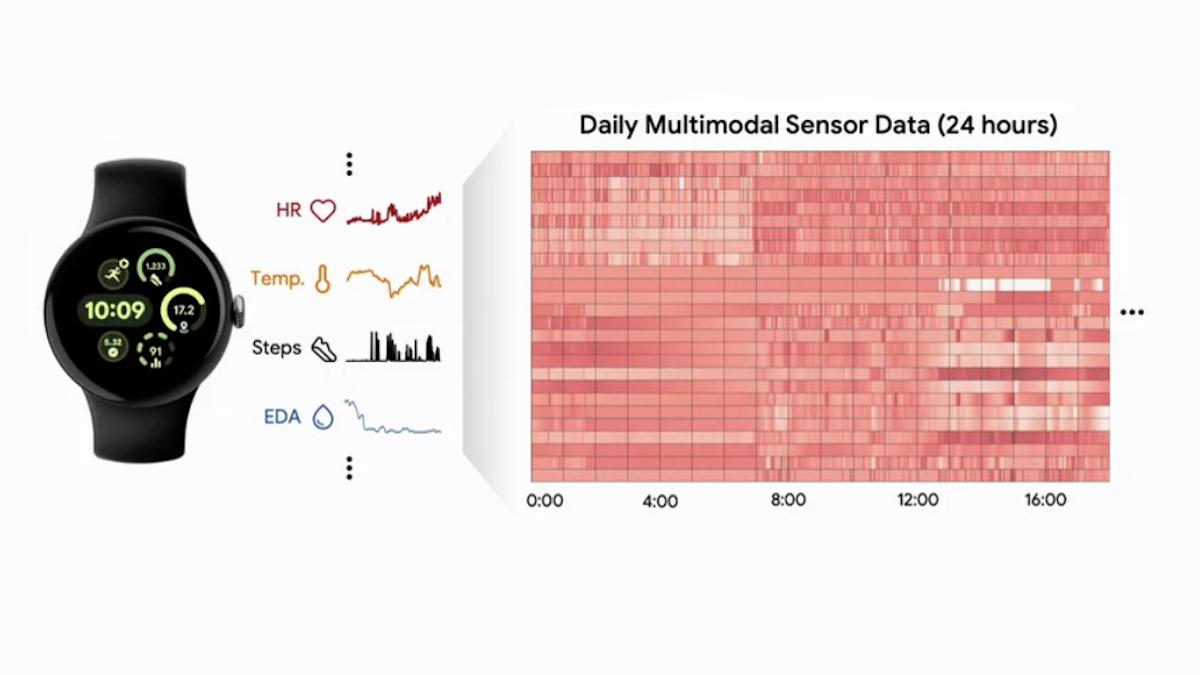Decentralised trials gaining ground in oncology, says report

A survey of clinical research executives working in the cancer arena has found that nearly three quarters of them will include decentralised designs in trials due to start in the next 12 months.
The report from Science 37 found that 73% of respondents were planning either a hybrid study – including both remote and traditional investigation site elements – or a fully decentralised study, up from 49% a year earlier.
As one might expect, it also found a reduction in the proportion who were planning an entirely brick-and-mortar study, to 65% from 88% in the previous year.
The poll was carried out earlier in 2022, and involved 85 senior executives involved in sponsoring or managing clinical research within oncology, across biopharma, medical device and contract research organisations.
It defined decentralised trials (DCTs) as those which include the use of technology to communicate with participants and collect data, via telemedicine and mobile/local healthcare providers, sometimes with the help of wearable devices and sensors.
The findings show that the shift towards greater use of DCT approaches imposed by COVID-19, rather than losing momentum, seems to be gathering pace as restrictions resulting from the pandemic eased.
"We are experiencing increased adoption of decentralisation in the oncology space," according to Dr Shaalan Beg, vice president of oncology at Science 37 and a co-author of the report.
"Oncology studies are often challenging for patients who suffer from cancer and treatment side effects," he said. "By providing a more agile approach to oncology trial design, we can present patients with more flexibility to participate without the burden of travel and wasted time in a waiting room."
That is witnessed by the top challenges cited by the clinical research execs, with patient recruitment an issue for 72% of them followed by study start-up (55%) and keeping to the proposed timeline (54%).
The top three perceived benefits of hybrid or DCT trials in oncology trials were increased patient retention – which 67% of respondents ranked in their top three – followed by greater patient diversity (54%) and faster recruitment (50%).
When it came to technology, more than half (51%) of those polled said they would include electronic patient-reported outcome (ePRO) and electronic clinical outcome assessment (eCOA) tools, with 54% planning to incorporate elements of telemedicine in their designs.
Wearables and sensors was a planned feature for a third (34%) of the execs, more than double the proportion recorded in the prior year.













